ZEC grants special voters reprieve
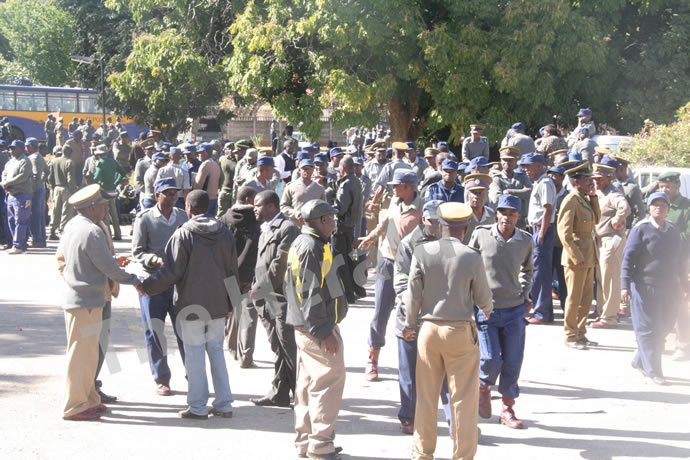
on the fate of those who failed to vote where it was resolved that all registered citizens must be allowed to vote.
It was resolved that the commission would address legal issues to facilitate the votes.
Sources close to developments said MDC-T, which had been quoting Section 81B:2 of the Electoral Act that says: “A voter who has been authorised to cast a special vote shall not be entitled to vote in any other manner than by casting a special vote in terms of this Part,” concurred with others after it was pointed out to them that the Constitution guarantees everyone the right to vote.
Those who applied to cast their ballots under the special vote were drawn from the uniformed forces, election officials and civil servants who will be deployed far from their wards on July 31.
Sources said all the parties agreed that there was need to give all those who failed to vote another chance as guaranteed in the Constitution which supersedes all other subordinate laws.
“The question in the meeting was what will be done on those who failed to vote due to logistical challenges that characterised the special vote and there was consensus that they should be allowed to vote. It was resolved that ZEC would look at the legal processes to facilitate that they vote,” said a source.
MDC-T has been quoting the Electoral Act which says all those who would have applied to vote under the special vote dispensation would not vote at the harmonised elections.
But legal experts yesterday said the argument was flawed because the supreme law of the land demanded that the State facilitates that all citizens who are eligible to vote do so.
They said Section 155 (2) (b) of the Constitution of Zimbabwe calls on the State to facilitate that its citizens who are eligible to vote are not dis-enfranchised.
“There was an opinion by MDC-T that these people should have voted before the general election and that the Electoral Act disallows them to join the rest of the country on Election Day to cast their ballots.
“But the Constitutional position is that it is the responsibility of the state to make sure that every person votes. The lower law says those for special vote should have voted at least 16 days before the general election but a lower law cannot override a constitutional provision.
“Section 155 (2) (b) says the state; ‘must take all appropriate measures… and must ensure that every citizen who is eligible to vote in an election or referendum has an opportunity to cast a vote.
“This section places a clear obligation on the State to ensure that all necessary measures are taken to enable every eligible voter to cast their vote.
“Where individuals have failed to cast their vote on dates specified in line with the Act, individuals have the right to seek recourse from ZEC in terms of section 239 (k) of the Constitution,” said the source.
Only 29 000 out of 69 000 people who applied for the special vote cast their ballots between July 14 and 15 amid reports the MDC formations worked with some elements within ZEC and the ministries of finance, and energy and power development to sabotage the poll in a bid to buttress their position that the country was not ready for polls.
This resulted in late delivery of ballot papers at polling stations across the country.
“Recourse may all be sought from the Constitutional Court of Zimbabwe through an urgent court application. Such a court application has unimpeachable legal merits since the failure to exercise voting rights by the potential applicants is in no way attributable to any omission or blame on their part,” said another source.


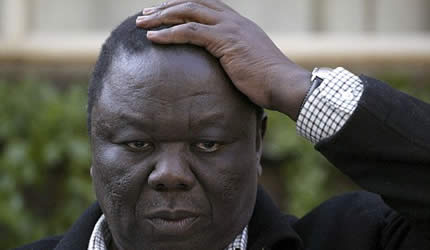
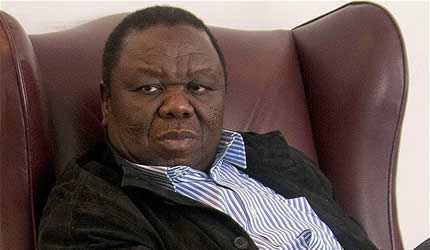
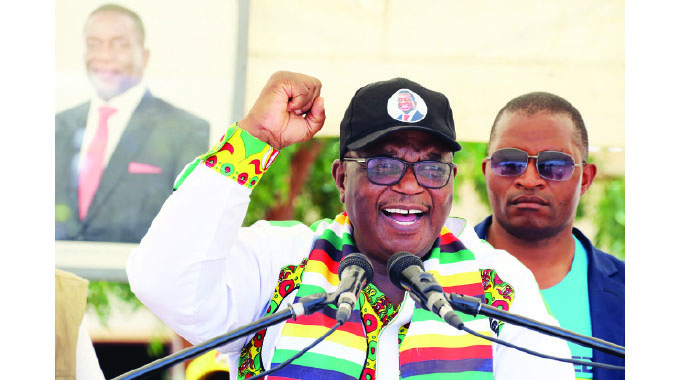
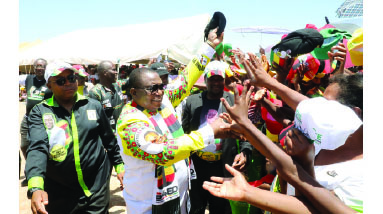
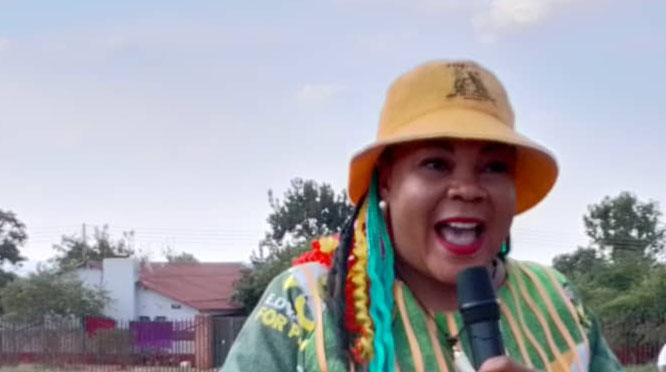

Comments